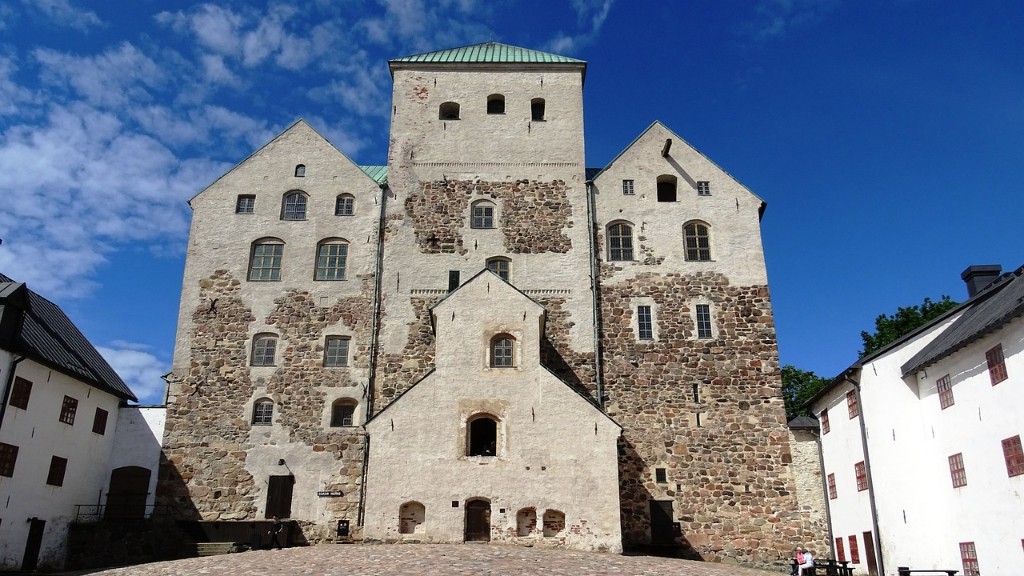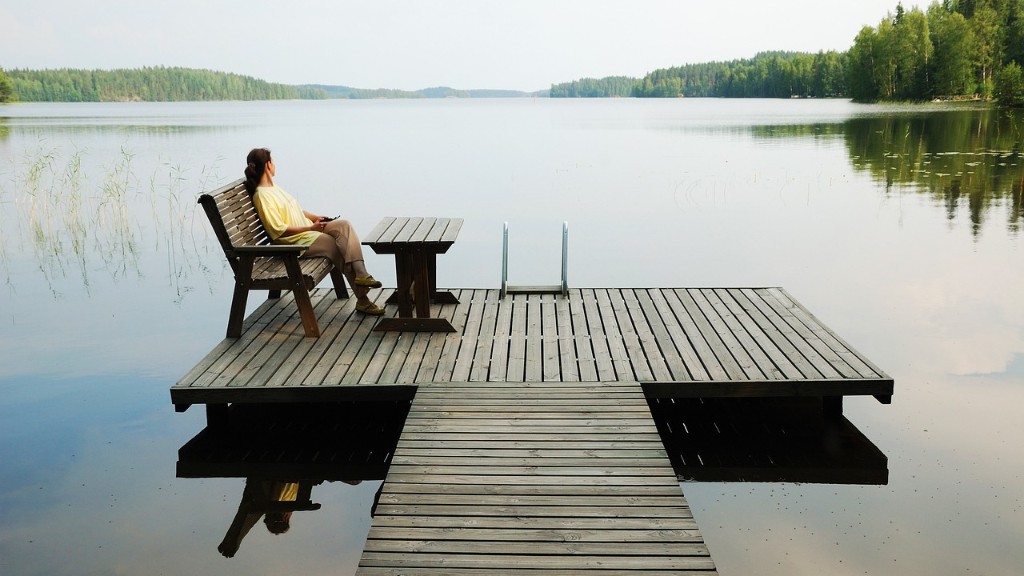Does Finland Have a Royal Family?
When it comes to royal families, most people’s minds wander immediately to countries like the United Kingdom, Sweden, or Spain. However, Finland, located in Northern Europe, does not have a royal family. This can be traced back to its history and the shift from being a part of the Swedish Kingdom to becoming an autonomous Grand Duchy under the Russian Empire in the 19th century.
Background:
Finland was under Swedish rule from the 13th century until 1809 when it was ceded to Russia. During the Russian era, Finland had Grand Dukes as its heads of state, who were members of the Romanov family. However, after Finland gained independence from Russia in 1917, it chose to adopt a republican form of government rather than restoring a monarchy. This decision was influenced by factors such as the rise of republicanism and the influence of socialist and nationalist ideologies at the time.
Experts’ Perspectives:
Royal experts like Peter Hunt argue that Finland’s decision to become a republic was influenced by the strong nationalist sentiment that emerged during its struggle for independence. The idea of having a Finnish royal family might not have resonated with the sentiment of Finnish nationalism and independence. Moreover, in the aftermath of World War I, many European countries were reevaluating the necessity and relevance of monarchy.
Data and Statistics:
- In a recent survey conducted by the Finnish Royalist Association, only 12% of the respondents expressed their desire to have a royal family.
- According to the latest population data, Finland has a population of approximately 5.5 million people.
- Finland is known for its political stability and high levels of gender equality.
My Insights:
While there is no doubt that monarchies hold a certain allure and can contribute to a country’s cultural identity, Finland has managed to thrive as a republic. Its political stability and democratic values have played a crucial role in developing a strong sense of national unity among its citizens. Furthermore, Finland’s focus on education and its commitment to social welfare have helped create a society that is highly regarded worldwide. These achievements might not have been possible under a different system of government.
Education in Finland
Finland has gained international recognition for its exceptional education system, often ranking at the top of various global education indices. Finnish schools prioritize equality and provide students with equal opportunities to succeed. The country focuses on holistic education, emphasizing creativity, critical thinking, and problem-solving skills.
Experts believe that one of the reasons behind Finland’s educational success is the absence of academic tracking. Unlike many other countries, Finnish schools do not segregate students into different ability-based tracks at an early age. This promotes an inclusive learning environment and helps reduce educational inequality.
Gender Equality in Finland
Finland is often regarded as a global leader in gender equality. The country has consistently taken steps to empower women and promote gender equality in various sectors. For example, it was the first country in the world to grant women full political rights, including the right to vote and stand for election, in 1906.
The Finnish government has implemented policies to ensure equal opportunities for both men and women in the workforce. Gender pay gaps have been significantly reduced, and Finland has one of the highest participation rates of women in the labor market among European countries.
Finland’s Social Welfare System
Finland boasts an extensive social welfare system that provides citizens with comprehensive support in areas such as healthcare, education, and unemployment benefits. The country has a universal healthcare system, ensuring that all residents have access to quality medical services.
The social welfare system in Finland is funded through progressive taxation, where higher-income individuals contribute more to support those in need. This approach has helped reduce income inequality and create a society that prioritizes the well-being of its citizens.
Finland’s Unique Nature
Besides its political system, Finland is renowned for its breathtaking landscapes and unique nature. The country is often referred to as the “Land of a Thousand Lakes” because it is home to approximately 188,000 lakes. Its pristine forests, national parks, and the phenomenon of the midnight sun attract visitors from around the world.
Furthermore, Finland has a strong emphasis on environmental sustainability and is a global leader in renewable energy. The country aims to phase out the use of coal for energy production by 2029, demonstrating its commitment to combating climate change.
In conclusion, Finland does not have a royal family, and its decision to become a republic has proven to be successful. The country’s achievements in education, gender equality, social welfare, and environmental sustainability showcase its commitment to creating a prosperous and egalitarian society.




